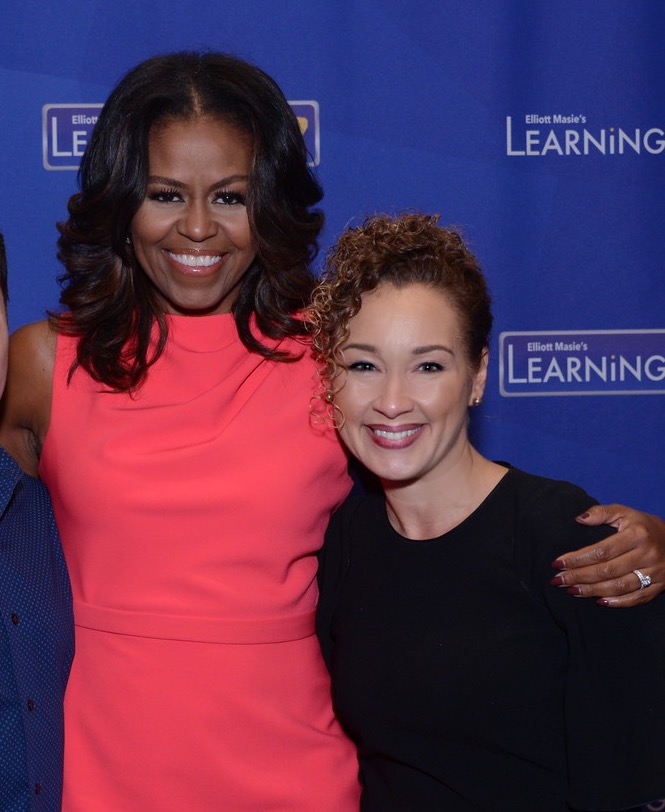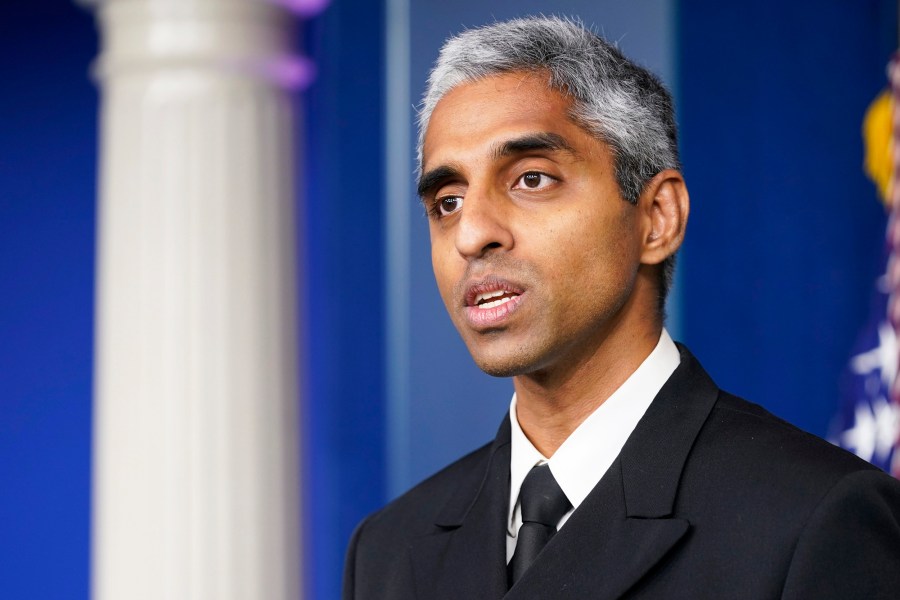Nancy Santiago could have turned bitter. Or she could have turned inward, at least. Many would have after being raised by a drug-addicted father who doled out physical and mental abuse, telling her over and over that she would never amount to anything.
Instead, Santiago turned her experience into determination. She turned outward. She turned her life to serving others, including children with trauma. And now she is the new deputy director of engagement at the Office of the U.S. Surgeon General.
“I needed to prove my father wrong,” Santiago told Know Your Value in a recent interview for Hispanic Heritage Month. “That sounds like a terrible reason. But the fact is, it put a fight in me — and I’m always looking for the next fight.”
That spirit has driven Santiago throughout her entire career, from working as a therapist for young people in juvenile detention to serving in policy leadership positions and as vice president of the nonprofit organization Hispanics in Philanthropy. She took her role with the Surgeon General’s Office in September 2021 and is also a Comcast Community Impact Partner.
The through-line in her career, Santiago said, is “always to question the norm. When something isn’t working, even though humans don’t like change, we need to evolve it. It’s all about a laser-like focus on the inequities in the world, and how we align ourselves, the tools, and the capital to fix it.”
Santiago understood inequity from her earliest memories growing up in Philadelphia. Her mother’s family, who moved from Puerto Rico to the U.S. mainland, had grown up without a father—so she was determined to stay with her husband through the abuse and addiction. Santiago’s grandmother ran a speakeasy in the South Street area to support herself and the other women in the neighborhood, after coming from her home country to America to do farm labor.
Santiago said she took on extra abuse from her father at home to protect her younger brother and sister.
But she went on to receive both a bachelor’s degree in communication and a master’s degree in education from Temple University. Soon after graduate school, she began working with children in the criminal justice system, which she calls “a great challenge but also the most fun I’ve ever had.”

It was a crystallizing and formative time, she said. “I realized I had a bigger problem to help solve than just all the trauma they had experienced,” said Santiago. “It was also that the systems didn’t want them there or allow a place for them. Now, we’ve made it so these kids can finish their high school degree. But that wasn’t the case then.”
Santiago learned a lot through her work at the Office of School Management, including how to talk to young people and that children respond to what they hear and see. But what informed the rest of her work was seeing up close “how bad policy makes for bad treatment of the citizenry, while good policy can create systemic change.”
Through her work in the private and public sector, Santiago came to think of herself as a “people collector,” stitching together the right policy brains with philanthropists and executives and whoever is needed to make change happen.












